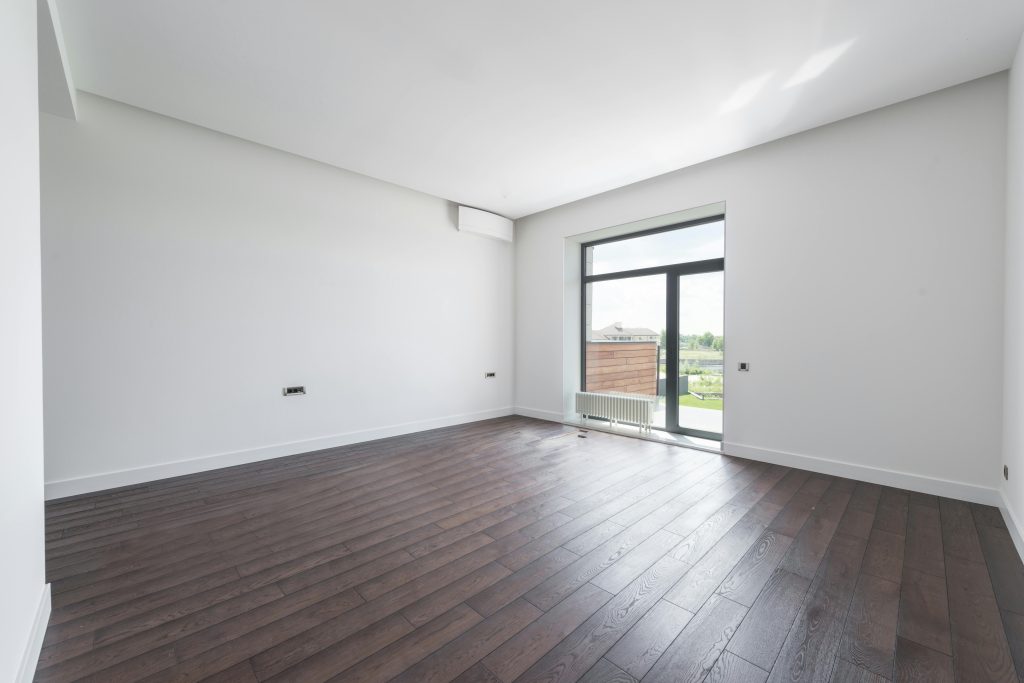Having a buyer pull out after exchanging contracts is one of the most stressful situations in the home selling process. You’ve likely already made plans around your move dates and new property purchase. When a buyer withdraws post-exchange, it can derail those plans and leave you covering costs. While rare, there are some actions you can take to regain control and mitigate further losses if faced with a failed property sale.
Understanding how contract exchange works
Before looking at what to do when a buyer pulls out post-exchange, it’s important to understand the legal implications of exchanging contracts.
The exchange of signed contracts represents the point at which you become legally bound to sell your home to the buyer. This is more than an agreement in principle and acts as a legally enforceable contract.
As the seller, you will have transferred your legal ownership (but not physical ownership) to the buyer upon exchange. They have taken on the equitable title and effectively become the legal owner, even though they don’t get the keys until the agreed completion date.
The contract imposes strict legal obligations on both parties:
For the buyer
They must complete the sale and transfer final monies by the completion date. Any failure to complete means they are in breach of contract.
For the seller
You must cooperate to legally transfer full ownership to the buyer and have no outstanding mortgages or legal issues preventing a clean transfer of title
Pulling out after exchange
If the buyer pulls out of the sale after exchanging contracts, they are in breach of the legally-binding contract you’ve entered into. Backing out at this stage can have serious legal and financial consequences for the prospective buyer.
Unless you agree to renegotiate or allow them to withdraw, you are within your rights to take legal action and seek compensation from the buyer for any costs and losses incurred due to their breach of contract.
So while property sales can unfortunately still fall through post-exchange, it’s a far more serious matter than parties pulling out earlier in the process. You have recourse options available, which we’ll get onto in a bit.
Common reasons for post-exchange withdrawal
Though rare, buyers may still withdraw after exchange for various reasons, such as:
- Difficulties securing mortgage financing
- Buyer’s remorse or change of situation
- Major defects revealed on survey, undermining the purchase
- Delays pushing completion past an agreed longstop date
Regardless of the reason, you are not obliged to let them unwind the contract penalty-free.
Actions to take if the buyer pulls out after the exchange of contracts
If your buyer informs you that they wish to withdraw from the sale after exchanging contracts, you have a few different routes you can take:
Refuse to allow withdrawal
As the buyer has breached the legal contract, you are within your rights to refuse to allow them to back out. You can inform them (through your solicitor) that you will not release them from the contract. The buyer then faces the following potential consequences:
- Having to proceed with completing the purchase as agreed
- Potentially being sued by you for any losses or costs you incur
- Risking having their house purchase order made “bankrupt” by court.
Negotiate a settlement
While you have grounds to force the sale through, negotiating a settlement may be preferable if the buyer is experiencing genuine financial difficulties. You may decide to enter negotiations to allow them to withdraw in return for compensation, such as:
- Recovering your legal, mortgage, survey and other expenses
- Reimbursement for any moving or storage costs incurred
- Paying costs for your consequential home repurchase
- Some portion of your aborted sale-agreed amount.
Find a new buyer quickly
If the buyer continues with their plan to pull out of the contract, despite all the legal repercussions they will face, you might want to sell the property quickly to someone else so you don’t need to start over from scratch. This shows you are mitigating any losses from a property sitting vacant. Your solicitor can handle transactions concurrently.
If a new able buyer is quickly secured with a similar purchase price, this can avoid much of the loss and distress. The original buyer still owes costs, but at least remarketing is minimal as the estate agent normally doesn’t get paid unless a sale completes.
Rescind contract and re-market
As a last resort, you may allow the contract to be rescinded and put your home back on the market. This avoids the stress and uncertainty of suing the original buyer.
Doing this does mean starting the marketing process again and incurring costs already sunk into the previous sale. You’ll need to be prepared for an unknown amount of elapsed time before finding your next buyer.
The exact route you take depends on your circumstances and priorities. Refusing withdrawal is the strongest stance but has more conflict. Remarketing is a riskier, costlier path avoided if possible. Many sellers attempt to negotiate a settlement first.
Are there any other options?
Aside from the routes outlined above, there is one other viable option to consider—selling to a reputable cash home buying company like Property Rescue. This can be an attractive avenue for several reasons:
It allows you to secure a guaranteed sale very quickly after the buyer withdraws, rather than relisting and waiting indefinitely for a new buyer. Property Rescue can complete in as little as 48 hours or a timeframe that suits your needs.
You can immediately gain equity and avoid costly ongoing mortgage and upkeep payments. Best of all, you avoid any extra estate agency fees by selling directly to the cash buyer while minimising the disruption of a seller pulling out. .
With Property Rescue paying all your legal and conveyancing costs too, it makes the process completely free for you, so your unfortunate circumstances might be a little less stressful. And the best part – we offer a guaranteed sale so you don’t need to worry about last minute cold feet hampering the sale.
Get a free, no-obligation quote to see how much we can buy your home for.









